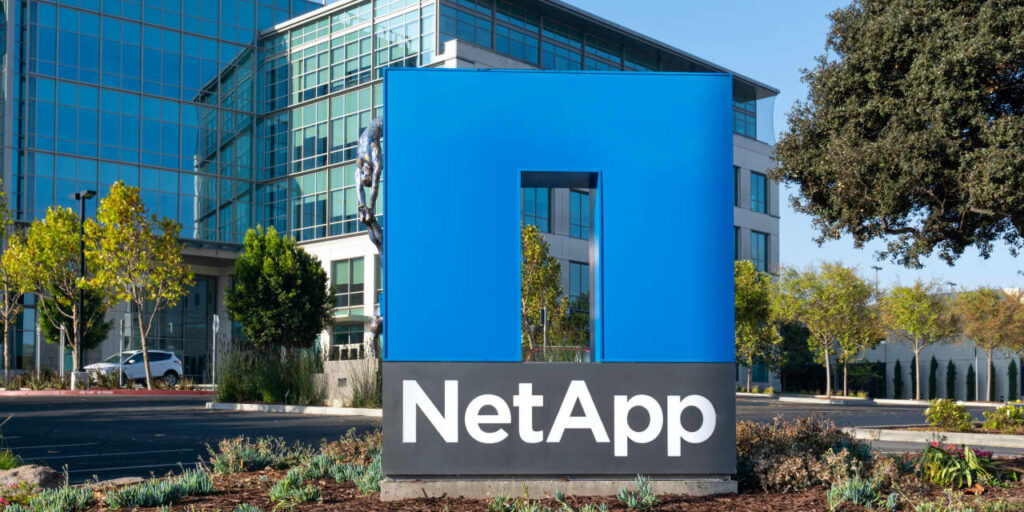Shares of
NetApp
soared Wednesday after the data storage company shared a healthy financial forecast. Analysts said the company’s efforts to boost sales this year are paying off.
After the markets closed on Tuesday,
NetApp
said it expects revenue for the 2024 fiscal year, which ends in April, to decline by roughly 2% from a year ago. The consensus on
FactSet
was for a 3.5% decline. NetApp also expects adjusted profit in the range of $6.05 to $6.25 a share for the year, higher than the $5.83 consensus on Wall Street.
NetApp’s stock gained 15% to $89.92 on Wednesday, putting it on pace for its largest percent increase since Nov. 16, 2017, when it rose 16%, according to Dow Jones Market Data. NetApp also was the best- performing stock in the
S&P 500.
This year, shares have risen 50%.
To be sure, it’s a volatile stock, falling 33% last year and gaining 42% in 2021. Its 10-year annualized return of 8.33% is also lower than the S&P 500 exchange traded fund’s 11.67% gain.
NetApp’s customers had been dialing back their tech spending over concerns about the economy this year. To counter, the company reduced its headcount in January and by June announced a reorganization effort, including a new specialist sales team.
By midyear, it also expanded its flash series of storage, announcing the ASA A-Series. The systems are designed for mission-critical applications and databases, its website says.
William Blair analyst Jason Ader in a note on Wednesday wrote the changes implemented by NetApp since the start of the fiscal year have helped offset ongoing broader pressures. He has a Market Perform rating on the stock.
SIG
‘s analyst Mehdi Hosseini titled his Tuesday note “Thesis Playing Out” and cited the new products by the company. He kept his $100 target for price and Positive rating on the stock after upgrading it from Neutral in September.
NetApp on Tuesday also reported $1.58 in earnings per share for the second fiscal quarter, which ended on Oct. 27, on revenue of $1.56 billion. Analysts were expecting $1.39 per share on $1.53 billion.
Write to Karishma Vanjani at karishma.vanjani@dowjones.com.
Read the full article here

